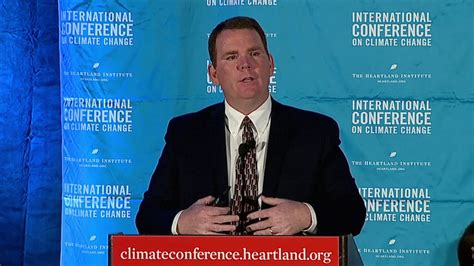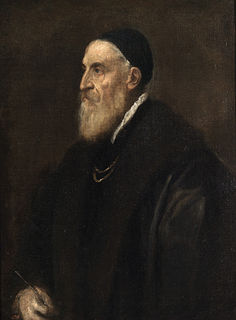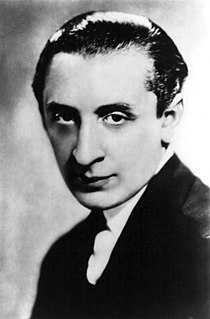A Quote by Hippocrates
Declare the past, diagnose the present, foretell the future; practice these acts.
As to diseases, make a habit of two things--to help, or at least to do no harm.
Related Quotes
We human beings have enormous difficulty in focusing on the present; we always thinking about what we did, about how we could have done it better.... or else we think about the future, about what we're going to do.... But at this precise moment, you also realize that you can change your future by bringing the past into the present. Past and future only exist in our mind. The present moment, though, is outside of time, it's Eternity.... It isn't what you did in the past the will affect the present. It's what you do in the present that will redeem the past and thereby change the future.
The task of the mind is to produce future, as the poet Paul Valery once put it. A mind is fundamentally an anticipator, an expectation-generator. It mines the present for clues, which it refines with the help of the materials it has saved from the past, turning them into anticipations of the future. And then it acts, rationally, on the basis of those hard-won anticipations.
I had to stop linking every single thing that happened to me with Kennedy. Realization dawned then, that he was still my default. Over the past three years, we’d become each other’s habit. And though he’d broken his habit of me when he walked away, I’d not broken my habit of him. I was still tethering him to my present, to my future. The truth was, he now belonged only to my past, and it was time I began to accept it, as much as it hurt to do so.
Marriage is an effort to legalize love. It is out of fear. It is thinking about the future, about the tomorrows. Man always thinks of the past and the future, and because of this constant thinking about past and future, he destroys the present. And the present is the only reality there is. One has to live in the present. The past has to die and has to be allowed to die.


































